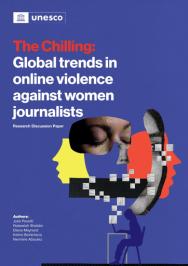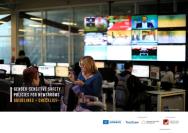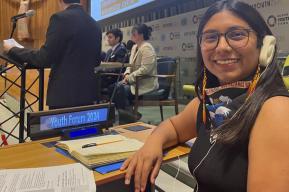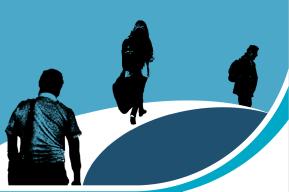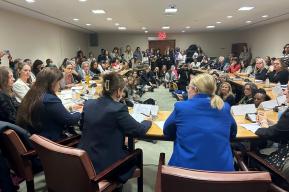
Safety of Women Journalists
Globally, women journalists and media workers face increasing offline and online attacks and are subject to disproportional and specific threats. The gender-based violence they are exposed to implies stigmatization, sexist hate speech, trolling, physical assault, rape and even murder.
UNESCO advocates for the safety of women journalists and collaborates with partners to identify and implement good practices and share recommendations with all parties involved in countering attacks against women journalists, as recognized by numerous UN resolutions. We published The Chilling, a study on global trends in online violence against women journalists, which demonstrated the extent of attacks against women journalists and the impact on their well-being, their work and press freedom at large. We work with partners to develop practical tools for journalists, media managers and newsrooms to respond to online and offline abuse. We partner with specialized organizations to train women media workers on the ground and also through massive online training courses and work with security forces to sensitize them on freedom of expression with a gender focus.
Published under The Chilling research project
Our Stories
Our Actions
#JournalistsToo – Women Journalists Speak Out
UNESCO and OHCHR supported the publication of the essay collection “#JournalistsToo – Women Journalists Speak Out”, which chronicles the personal experiences of harassment by eleven journalists from ten countries, and which was launched by the UN Special Rapporteur, which chronicles the personal experiences of harassment by eleven journalists from ten countries, and which was launched by the UN Special Rapporteur.
Share the campaign material and use the hashtag #JournalistsToo
It is unacceptable that women journalists are attacked and abused for doing their job. It is high time we listen to the voices of the women themselves.
The UNESCO/Guillermo Cano World Press Freedom Prize recognizes the work of women journalists
Colombian investigative journalist Jineth Bedoya received the 2020 UNESCO/Guillermo Cano World Press Freedom Prize. The award paid tribute to Bedoya’s tireless efforts in fighting impunity and sexual violence against women. The following year, in May 2021, UNESCO awarded the prize to investigative journalist, media executive, Maria Ressa of the Philippines, who has been subjected to an onslaught of gender-based online violence and was also later recipient of the 2021 Nobel Peace Prize.
In Numbers - The Chilling
reaching 1.6 million people and generating 43.000 engagements, with 170 million impressions.
Online violence against women journalists harms everyone. Let’s end it!
A recent UNESCO-ICFJ survey showed that 73% of the women journalists surveyed reported having faced online violence while doing their job. They are often targeted in coordinated misogynistic attacks.
This violence harms women’s right to speak and society’s right to know. To tackle this increasing trend, we need to find collective solutions to protect women journalists from online violence. This includes strong responses from social media platforms, national authorities and media organizations.
Online violence against women journalists harms everyone. Let’s end it!
#JournalistsToo
This campaign was funded by the Swedish Postcode Foundation

Standing up against online harassment of women journalists
On 18 June, UNESCO and members of the Group of Friends for the Safety of Journalists at UNESCO brought together over 200 Member State representatives, journalists, and legal professionals to discuss the impact of online harassment on women journalists and to explore practical and legal measures to effectively address the issue.

News
Our Publications
